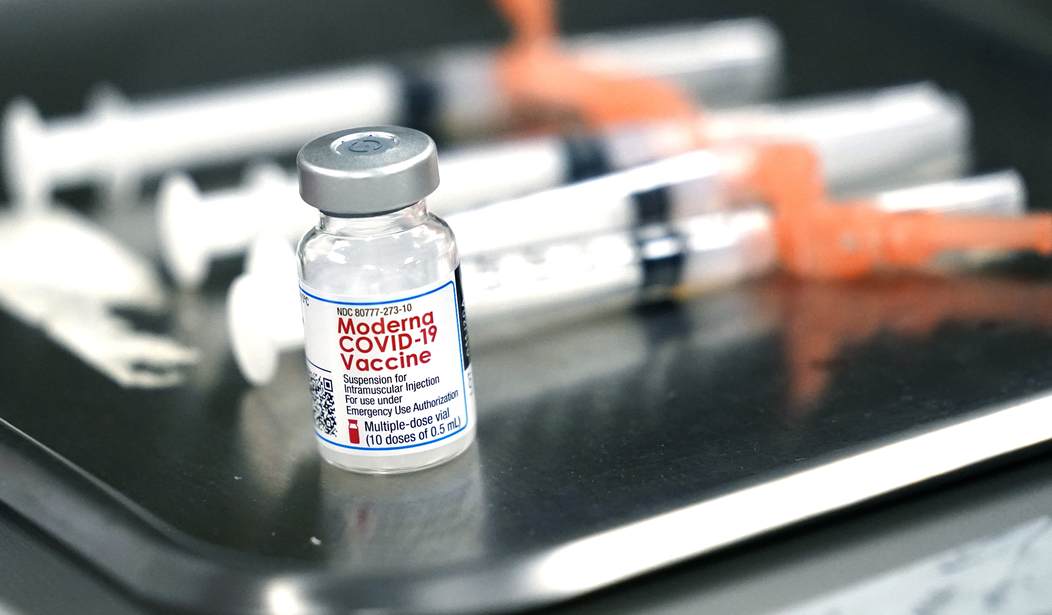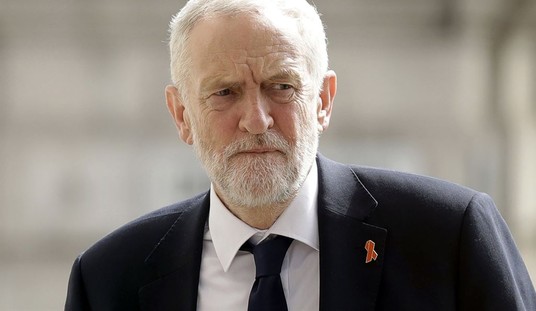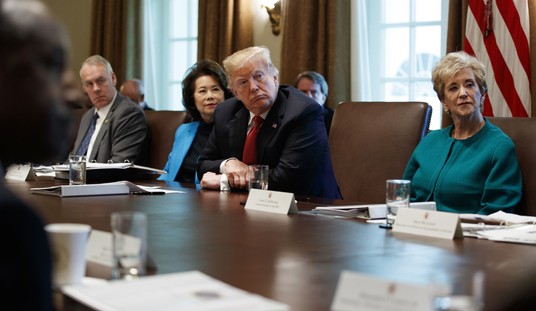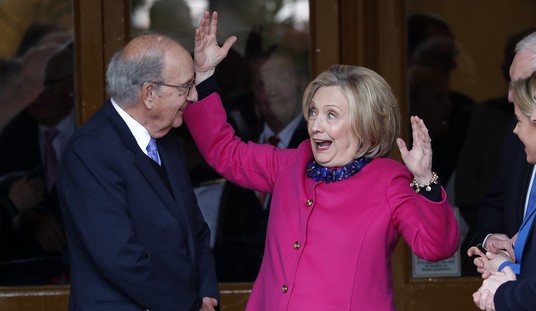In the first such ruling, a federal judge has ruled in favor of Indiana University’s coronavirus vaccine mandate for its students. A group of parents against the vaccination requirement filed a lawsuit against the university in June. The lawsuit was expected to be a precedent-setting one at the time it was filed.
The IU Family for Choice not Mandates, the parents group, held protests and garnered local support from libertarians and others voicing opposition on the basis of personal choice. The argument is that the COVID-19 vaccines are administered under emergency approval and not full FDA approval. The eight student plaintiffs argued that the COVID-19 vaccines don’t fall into the same category as other required vaccinations. That’s true but mRNA vaccine research and development has been going on for thirty years. The COVID-19 vaccines are not something new created out of the blue in labs during the coronavirus pandemic. Operation Warp Speed, Trump’s shining legacy, accelerated the development and production of life-saving vaccines.
Indiana University, like most universities and colleges, wants to fully reopen campuses and bring student life back to normal. In order to do so, the university mandated COVID-19 vaccinations for all students, with exemptions for religious objections, documented allergies to the vaccine, and medical deferrals. If students don’t comply then class registrations will be canceled and the students will be barred from campus activities.
A federal judge sided with I.U. on Monday. judge Damon R. Leichty is a Trump appointee.
On Monday, Judge Damon R. Leichty of the U.S. District Court for Northern Indiana said that while he recognized the students’ interest in refusing unwarranted medical treatment, such a right must be weighed against the state’s greater interest.
“The Fourteenth Amendment permits Indiana University to pursue a reasonable and due process of vaccination in the legitimate interest of public health for its students, faculty and staff,” his ruling said, also noting that the university had made exceptions for students who object.
The lawyer who filed the lawsuit on behalf of the students vows to appeal the ruling all the way to the U.S. Supreme Court if necessary.
“What we have here is the government forcing you to do something that you strenuously object to and have your body invaded in the process,” said the lawyer, James Bopp Jr.
He said that the appeal would be paid for by America’s Frontline Doctors, a conservative organization that has been pursuing an anti-vaccine agenda. Mr. Bopp, of Terre Haute, Ind., is known for his legal advocacy promoting conservative causes.
Last month the chief health officer for Indiana University penned an op-ed in support of the vaccination requirement for students and university employees. (Employees may face termination if they are not vaccinated.) He makes the case for exemptions and notes that the vaccination rate doesn’t have to be 100% in order to achieve herd immunity. He noted that in Indiana only half of the people 18 years of age and older are vaccinated. Dr. Aaron E. Carroll addressed General George Washington’s insistence that his troops be vaccinated against smallpox, though that was a very controversial vaccination in its day.
Some even view vaccine mandates as un-American, but they are part of our foundational fabric. During the Revolutionary War, inoculation against smallpox was common in Europe. Because of this, the British Army was largely safe from the disease, but the colonists’ army was not.
Gen. George Washington recognized that mandated mass inoculation was necessary to win the war, though, and told Congress so in 1777. Although he met resistance, his mandate worked. While smallpox outbreaks were common over the next few years and massively affected those who were susceptible to infection, no revolutionary regiments were incapacitated by the disease during the southern campaign, and the mandate arguably helped win the yearslong war.
The mRNA vaccines, made by Moderna and Pfizer-BioNTech, will likely get full approval for use from the Food and Drug Administration soon. Perhaps that approval will provide confidence in the vaccines for skeptics. In the meantime, the pandemic put us on an emergency footing and the vaccines are helping us get out of it. Achieving herd immunity on college campuses quickly and safely is done through vaccinations. Universities like I.U. believe it is the only way for students to return to normal student life on campus.
We’ll see if the precedent holds. In the meantime, the fall semester starts soon and most people will get vaccinated. Mandates aren’t popular but they are getting the job done in this case.








Join the conversation as a VIP Member